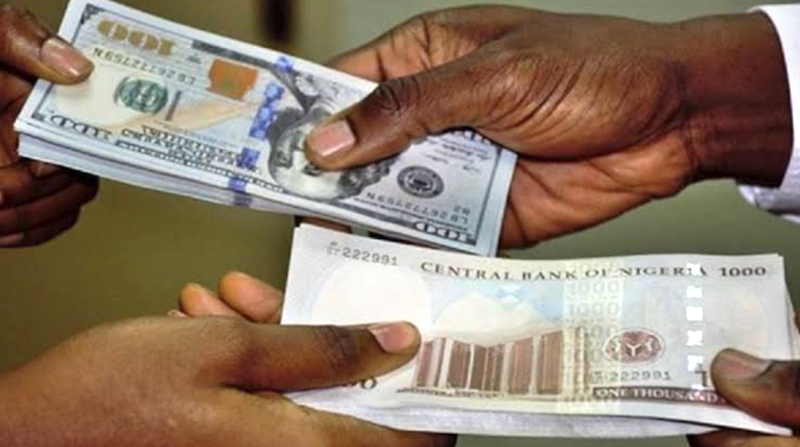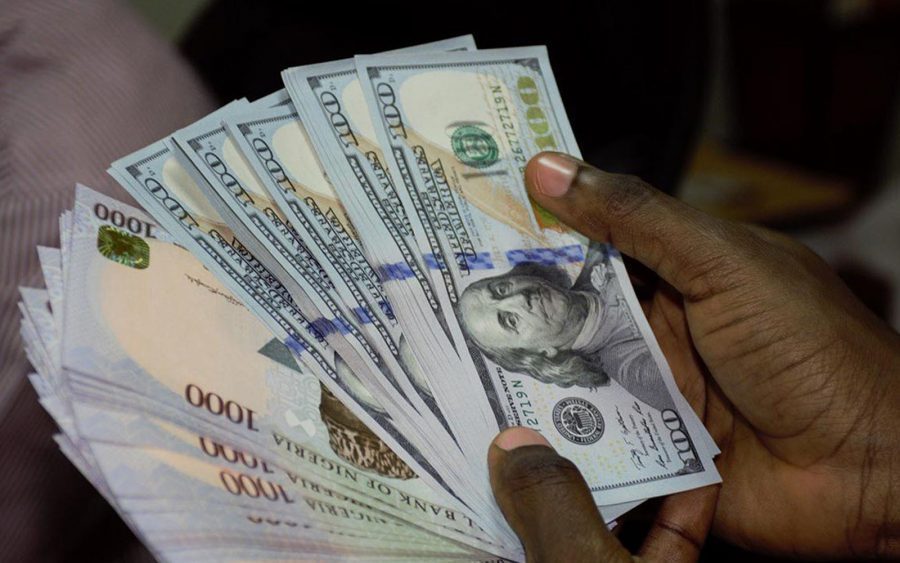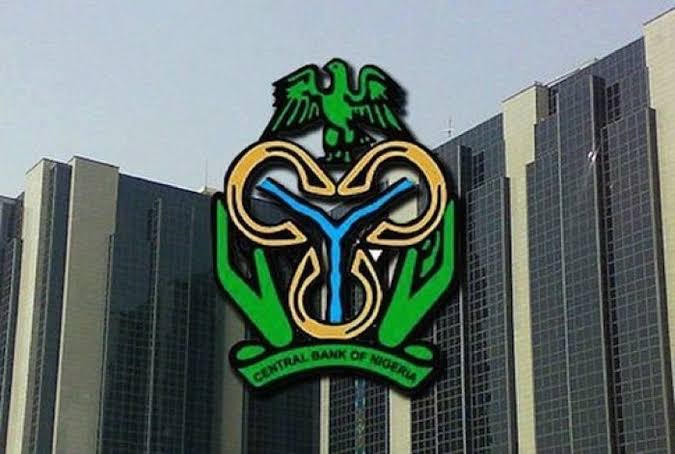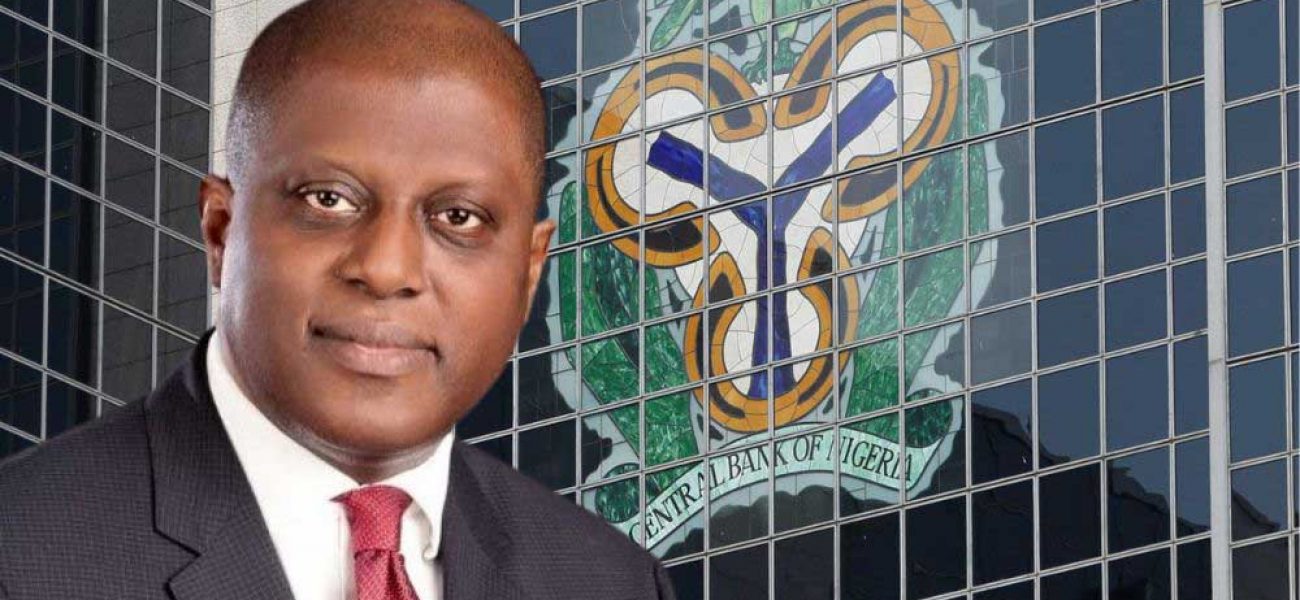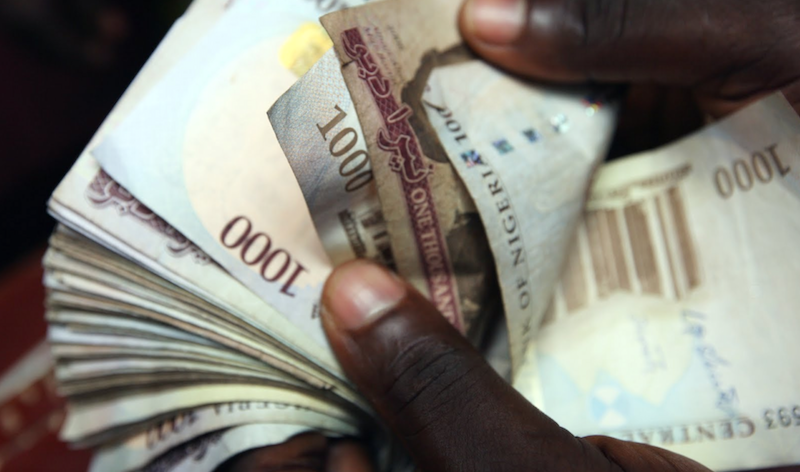The Nigeria Customs Service recorded 62 exchange rate changes during the first quarter of 2025, highlighting ongoing currency instability within the trade and importation ecosystem.
The Comptroller-General, Adewale Adeniyi, disclosed this at a Tuesday press briefing in Abuja, where he reviewed the service’s operations for the first quarter of 2025.
Adeniyi called the volatile exchange rate one of the service’s key challenges, as it disrupted trade patterns, valuation systems, and sowed uncertainty among Nigerian importers and exporters.
“Within the quarter, we saw 62 exchange rate changes. Rates ranged from ₦1,477.72 to ₦1,569.53 per dollar, averaging ₦1,521.59,” he explained.
Although this marked a slight improvement from Q4 2024, which peaked at ₦1,688.28, volatility remains high and import cost predictability remains fragile.
Adeniyi said the service continues working with the Central Bank and Ministry of Finance to introduce stabilisation measures targeting import exchange rates.
Another hurdle, he noted, was the stop-start implementation of the Financial Customs Service Operation, known as the four per cent Free On Board charge.
The policy’s sudden suspension triggered disruptions, forcing both Customs and stakeholders into temporary operational recalibrations.
In March, the service also contended with a 14 per cent reciprocal tariff slapped on Nigerian exports by the United States.
“This tariff could significantly affect our export trade and demands calculated diplomatic and policy manoeuvres,” Adeniyi said.
On a brighter note, he highlighted exemptions on essential food imports as a major step in combatting Nigeria’s food insecurity crisis.
The NCS waived duties on maize, rice, and sorghum, which helped curb rising food costs and improved local availability of staples.
In Q1 2025, waivers covered maize worth ₦45.3 billion, rice at ₦751.6 million, and sorghum at ₦2.3 billion in Free On Board value.
Combined with earlier exemptions — ₦45.9 billion in rice and ₦2.8 billion in wheat from 2024 — these measures helped reduce prices by 12–18 per cent.
While 2024 waivers had delayed effects due to supply chain lags, the 2025 reliefs added fresh momentum to food cost stability.
These combined customs measures show how targeted fiscal policy can meaningfully influence both short- and long-term food affordability.
Adeniyi also emphasised that trade facilitation remains central to the NCS mandate, with Q1 trade value reaching an impressive ₦36.32 trillion.
This figure, he added, reflects Nigeria’s sustained global trade presence, despite facing multiple headwinds in the international economic environment.
In export activity, the service processed 8,153 shipments weighing a total of 5.03 billion kilogrammes, in spite of a reduced number of transactions.
“These figures illustrate changing trade patterns and improved efficiency within Nigeria’s export processing architecture,” the Comptroller-General observed.
The NCS also seized undeclared foreign currency: $193,000 at Abuja airport, $1.1 million and 135,900 Riyals in Kano, securing two convictions.
Looking ahead, the service aims to expand its B’Odogwu platform, implement smart risk systems, and infuse emerging technologies to enhance customs operations.

